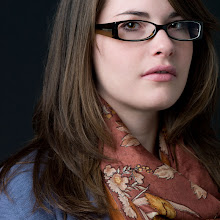Through this body of work, Perfect Is As Perfect Does (working title), I investigate the relationship of the individual to larger social systems. Using the form and language of well-ingrained manners, media images and expectations, and gender performance, I am interrogating the underlying structures through which we participate in the creation of our own stereotypes. The main subject of my work is the creation, perception and perpetuation of the white, American, middle class “good girl” character. I examine the conflict between the American dream of individual agency and the system of influences aiming to create and recreate stereotypes, social structures, and class expectations.
I plan to explore the character of the middle-class girl using visual themes such costuming, absurdity, formal manners, exhaustion, deterioration, rehearsal, training and futility. By pushing the limits of the “good girl’s” external perfection, I examine individual choice as well as the pressure of choice within the American class system. By placing my character in direct questioning to the system in which she operates, I am acknowledging the conflict between personal agency and systematic dominance.
The “good girl” character is one I understand from my own experience. Through researching my upbringing—what I watched on television, read in books and magazines, and listened to on my personal CD player—I elaborate upon and critique the stereotype I embody. I explore the contemporary definition of the “good girl” through themes such as “Reviving Ophelia” and “Girl Power,” which emphasize both individualization and individual choice in young women while also recognizing the media systems and upbringings that create those same stereotypes. I draw upon public education, religion, media, language, and social structures, as well as the morals and ethics created by those chosen and reproduced environments.


